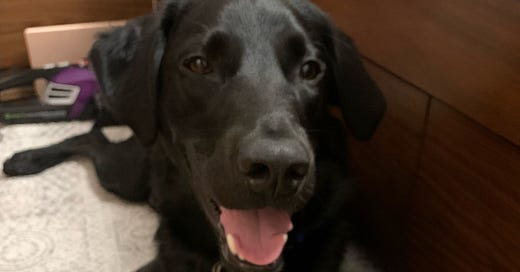I read a fascinating story in the New Yorker (June 5 print edition) about “How to Hire a Pop Star for Your Private Party.”
Reporter Evan Osnos usually writes about geopolitics and other serious business for the magazine. But this was the Music issue, and he did a deep dive into the now big business of musicians who do "private gigs." These used to be under the radar events for artists to appear before conventions or private audiences for a lot of money. It was an unapologetic money-grab, and it used to be considered uncool. It is still uncool, but the money has gotten to be so spectacular for such little work that only a few artists--Bruce Springsteen, Taylor Swift, "and, for reasons that nobody can quite clarify, AC/DC"--are known to say no to such requests.
There are some locations and clients that are particularly egregious, but the money always talks. Beyoncé did a private show in January for a new hotel in Dubai, a one hour set, for $24 million. Before the Arab Spring uprising in 2…
Keep reading with a 7-day free trial
Subscribe to Critical Conditions by Wayne Robins to keep reading this post and get 7 days of free access to the full post archives.



